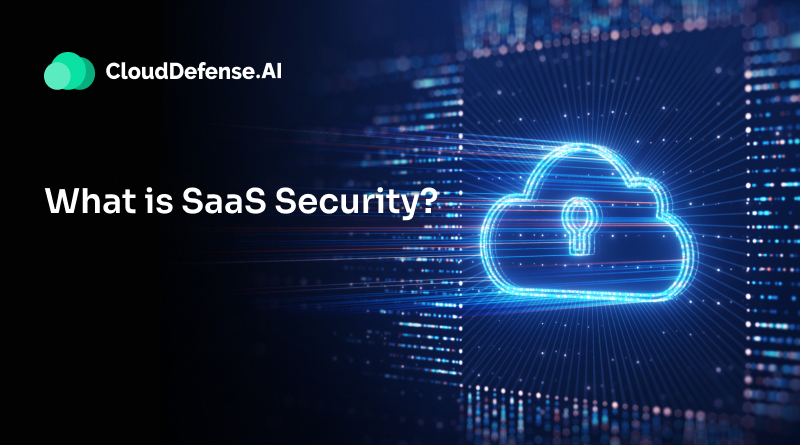
SaaS security refers to the practices, policies, and tools used to safeguard data and operations within cloud-hosted software platforms. It's designed to defend against threats like data breaches, account takeovers, compliance violations, and unauthorized access.
Unlike traditional IT systems, where data resides in on-premise servers, SaaS applications store data across the cloud—making it accessible anytime, anywhere. This flexibility, while beneficial, also creates new security challenges that businesses must address proactively.
Why SaaS Security Should Be a Priority for Every Modern Business
Cloud-based applications have revolutionized how organizations operate. From collaboration platforms like Google Workspace to CRMs like Salesforce, Software-as-a-Service (SaaS) tools have become essential for daily business functions. However, with convenience comes risk—and this is where SaaS security plays a vital role.
The New Security Frontier: Risks of Cloud-Hosted Software
Cloud applications introduce unique vulnerabilities:
- Data is constantly moving and no longer limited to one location.
- Multiple users increase the risk of weak access controls or human error.
- Integration with third-party apps can expose hidden weaknesses.
- Always-on availability gives cyber attackers more time to exploit gaps.
- Shadow IT—where employees use unsanctioned apps—can go undetected.
These factors make cloud security more complex and demand a strategic, layered approach to protect both users and data.
Key Ways SaaS Security Strengthens Your Defenses
A strong SaaS security framework helps businesses:
- Enforce identity-based access with features like multi-factor authentication (MFA).
- Encrypt sensitive data both during transit and when stored.
- Set role-based permissions to limit access based on user responsibility.
- Monitor user behavior and detect unusual or suspicious activity.
- Maintain data backups and develop response plans for worst-case scenarios.
- Ensure compliance with data privacy laws like GDPR, HIPAA, and SOC 2.
Essential Practices for Building SaaS Security Resilience
To secure your SaaS ecosystem effectively:
- Use Single Sign-On (SSO) for centralized user management.
- Conduct regular audits to track user permissions and spot misconfigurations.
- Educate employees on secure usage and phishing prevention.
- Stay updated on vendor security policies and data storage practices.
Conclusion
SaaS tools are integral to modern business growth—but they must be protected. A security breach doesn’t just threaten data—it risks customer trust, regulatory consequences, and operational downtime.
Investing in SaaS security today ensures your business remains resilient tomorrow. As cloud usage continues to grow, securing your digital environment is not just smart—it's essential.


Top comments (0)